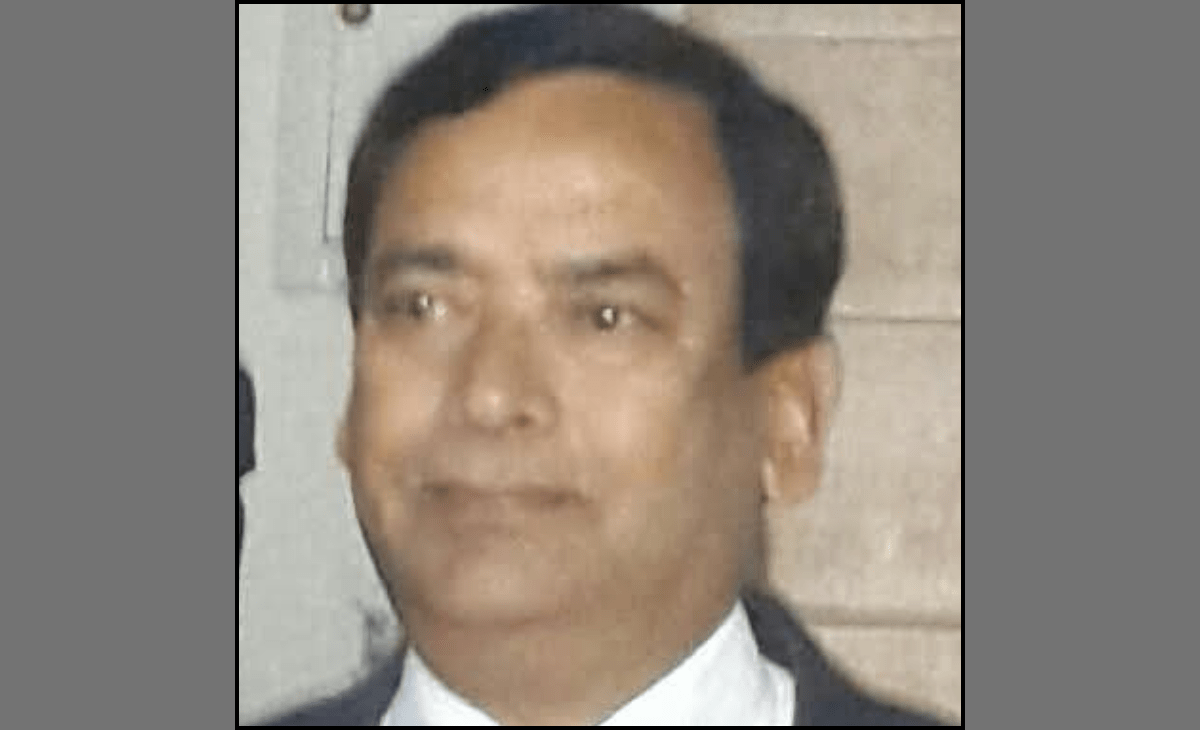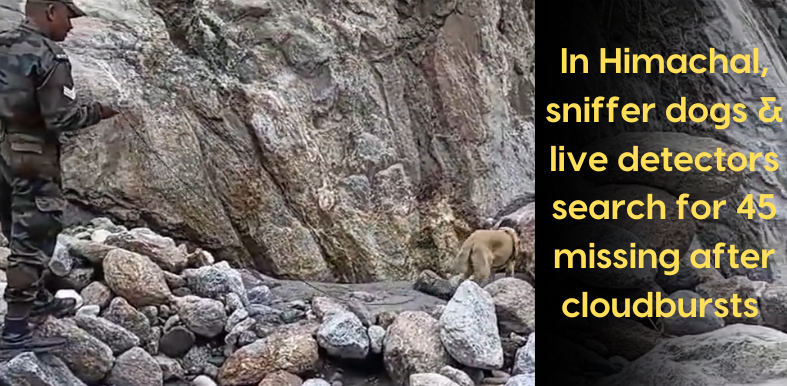Shrey Awasthi
In the annals of Indian political history, the Emergency of 1975-77 stands as a chilling reminder of how democracy can be brought to its knees. Declared by the then Prime Minister Indira Gandhi, it was a period marked by fear, censorship, illegal detentions and the throttling of constitutional rights.
While many leaders are remembered for their resistance, thousands of unsung heroes lit the flame of defiance in small towns and villages. One such name that echoes with quiet courage is Rakesh Bharti of Shahpur in Kangra district of Himachal Pradesh.
When the Emergency was imposed, Rakesh Bharti didn’t choose silence — he chose struggle. Alongside former minister late Praveen Sharma, he went underground to oppose the regime and became an active part of the anti-Emergency resistance. On August 21, 1975, both were arrested and put on a 16-day police remand — eight days in Shahpur, followed by eight days in Dharamshala. But this was only the beginning of the storm they would face.
In Dharamshala, they joined fellow detainees Kamal Padha, Keshav Shridhar and Ashok Katoch, who had already been taken into custody. Here, the brutality escalated. Under SHO Gurdat Singh, the police resorted to severe torture, demanding information about RSS pracharaks working underground and the secret locations of printing machines where anti-Emergency pamphlets and publications were being prepared.
Rakesh Bharti and his comrades had no such knowledge. Yet, they endured physical and psychological torment with an unbreakable spirit. They refused to surrender, refused to falsely implicate others and refused to betray the cause of democracy.
On September 5, they were shifted to jail. It wasn’t until December 1975 that they were granted bail following efforts by the RSS.
Despite custodial torture, Rakesh Bharti didn’t give up. On January 15, 1976, he along with Kamal Padha, Sunil Manocha, late Bishamber Dutt and late Rajendra Agarwal staged a protest publicly raising slogans against Indira Gandhi, putting up hoardings and calling out the dictatorship. They reignited the spirit of resistance on the streets of Himachal.
That very night, the police arrested them again. But when produced in the court, the judge denied any further police remand and instead sent them straight to jail where they remained until October 1976.
Inside the prison, these young men didn’t allow darkness to consume them.
Instead, they lit the fire of learning and resilience. The RSS arranged for the biographies of Bhagat Singh, Chandrashekhar Azad and Rajguru — revolutionaries who had fought against colonial tyranny. Inspired by their stories, Rakesh Bharti and his fellow patriots held their heads high, never losing courage and never compromising on their ideals.
“The story of Rakesh Bharti is not just a chapter from the past — it is a mirror for today’s youth. In an age where political awareness is often replaced with apathy, his life reminds us that freedom demands vigilance, sacrifice, and courage.
At a time when constitutional values were in chains, a young man from a small town chose to defy a powerful regime — not for fame or power, but for the soul of India. He had no camera, no spotlight, no social media, just conviction,” says a BJP leader from Shahpur.






